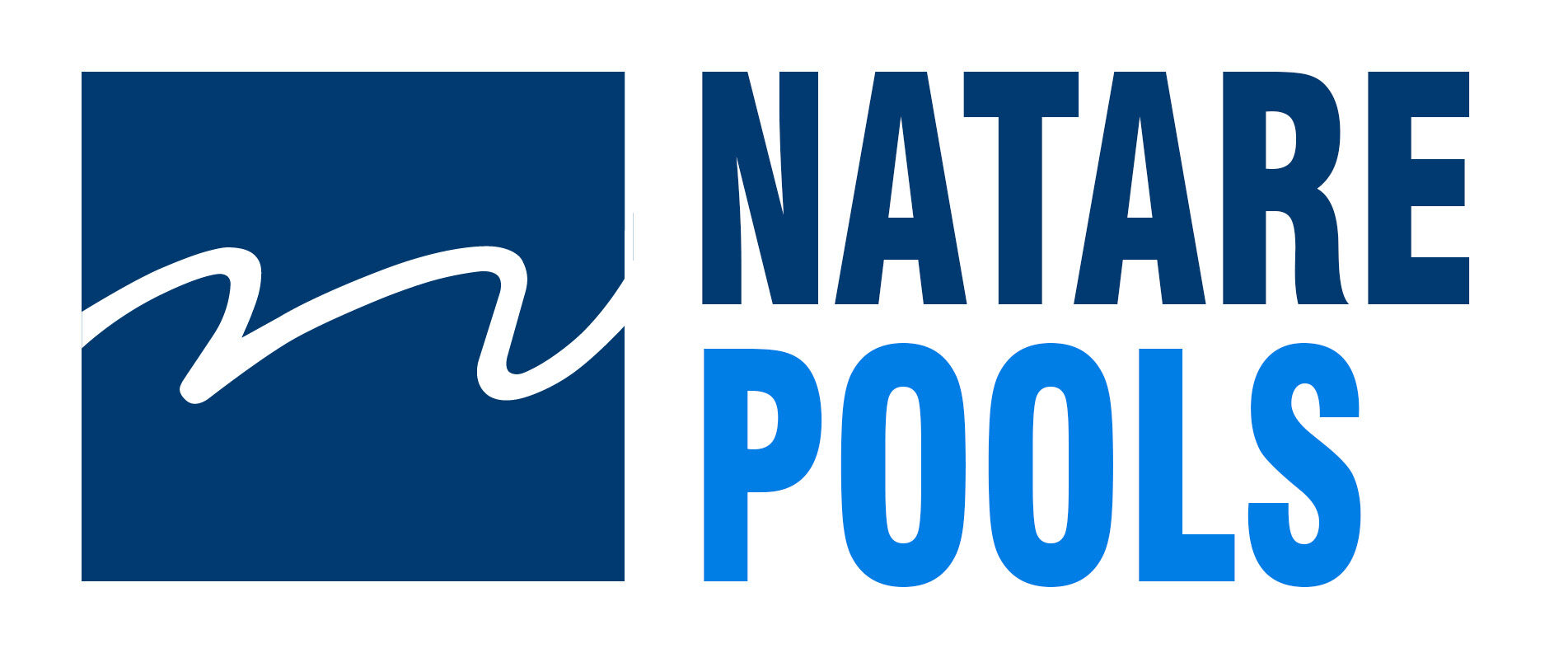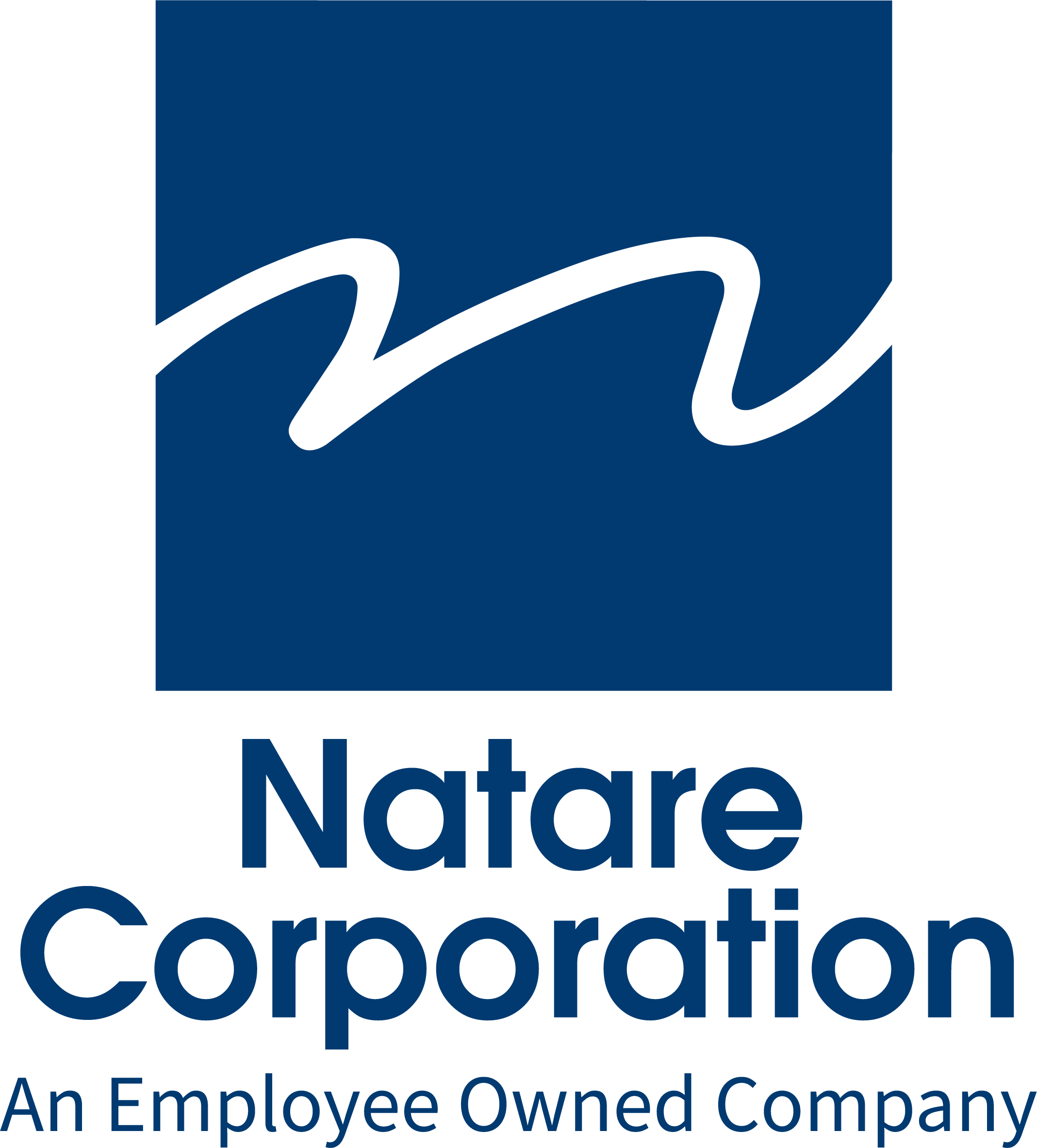Natare Blog
Pool Operation and Maintenance: Chemical Balance and Turnover
Are you a newbie when it comes to swimming pool operation and maintenance? Well, don’t worry because (as I am sure you could have guessed), we’ve been doing this awhile.
What follows is just a small portion of information we have gathered over the years on swimming pool operation and maintenance. If you don’t find what you’re looking for, comment below and we will be happy to answer your questions, big or small.
Turnover and Rate of Flow
Turnover is defined as the number of times per day the entire volume of the pool passes through the filtration system. A low turnover rate is desirable although higher rates may be necessary for heavily used pools.
The rate of flow (the rate at which the water circulates) should be sufficient to produce the desired turnover rate when the total resistance (head) is at its maximum.
Rate of flow can be determined by using the flow meter or calculations using the pressure and vacuum gauges on the recirculating pump, along with the manufacturer’s pump curve.
Turnover and Filtration
The turnover rate (or flow rate) of the pool and spa determines how often the pool water passes through the filter system. As the filter become dirty, the pressure increases and the flow rate drops (often, just when the need for filtration is the greatest!).
Use the filter pressure readings and the flow meter to determine if the minimum flow rate is being maintained. Typically, a 10-psi rise from the clean filter initial pressure means the filter is dirty and requires cleaning.
Chemical Testing
All chemical tests can be performed at poolside with a relatively simple apparatus. Follow the test kit manufacturer’s instructions precisely and test regularly. Record all readings and compare manual testing with pool controllers, when automatic controllers are used. Maintain a pool operation log and keep it current. Don’t assume that everything is fine because you have automatic water quality control systems.
Some pointers:
- Test for free chlorine, total bromine, or combined chlorine three times daily.
- Test pH at least once daily.
- Test total alkalinity weekly.
- Test non-carbonate hardness monthly.
- Test total dissolved solids (tds) monthly.
- If cyanuric stabilizer is used, test for residual level monthly.
- Test for algaecide residual only when circumstances indicate a need.
Chemical Balance
Differences of opinion exist between pool operators regarding proper chemical values to maintain, however, the following guidelines will produce safe and comfortable pool water:
- For eye comfort and corrosion control, maintain a pH between 7.4 + 0.5.
- Total alkalinity should be between 100 and 120 ppm.
- Non-carbonate hardness should be kept as low as possible.
- Free chlorine residual is subject to Health Department standards.
- A minimum of 0.4 ppm will probably be required.
- It is better to maintain 1.0 to 2.0 ppm if the pH is maintained over 7.5.
- Superchlorination usually refers to a chlorine residual of 5.0 to 10.0 ppm. Any level of combined chlorine above .2 ppm requires superchlorination (and better pool maintenance practices).
- Cyanuric acid, where allowed, should be maintained at 50 to 70 ppm. It should never exceed 150 ppm.
- Calcium hardness levels should be maintained above 200 ppm, but less than 500 ppm.
To read more about the design of your pool’s filtration and mechanical system, check out our Resource Center!

